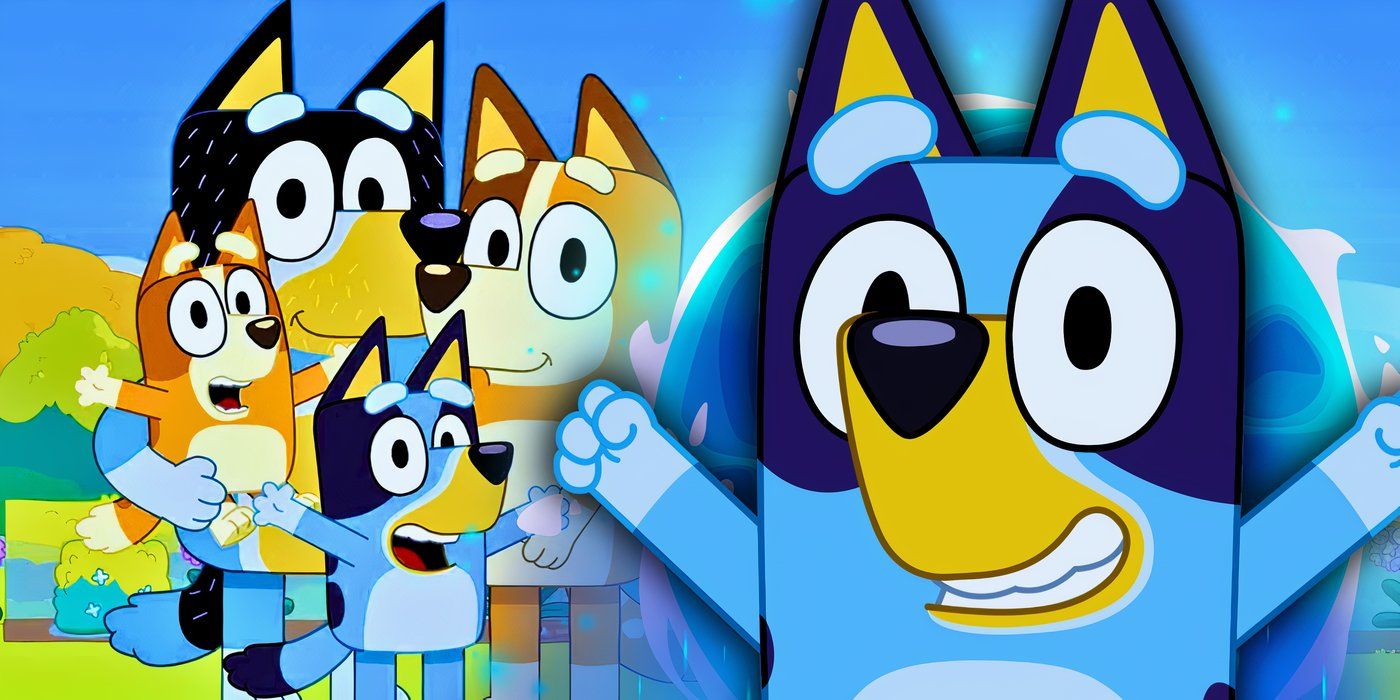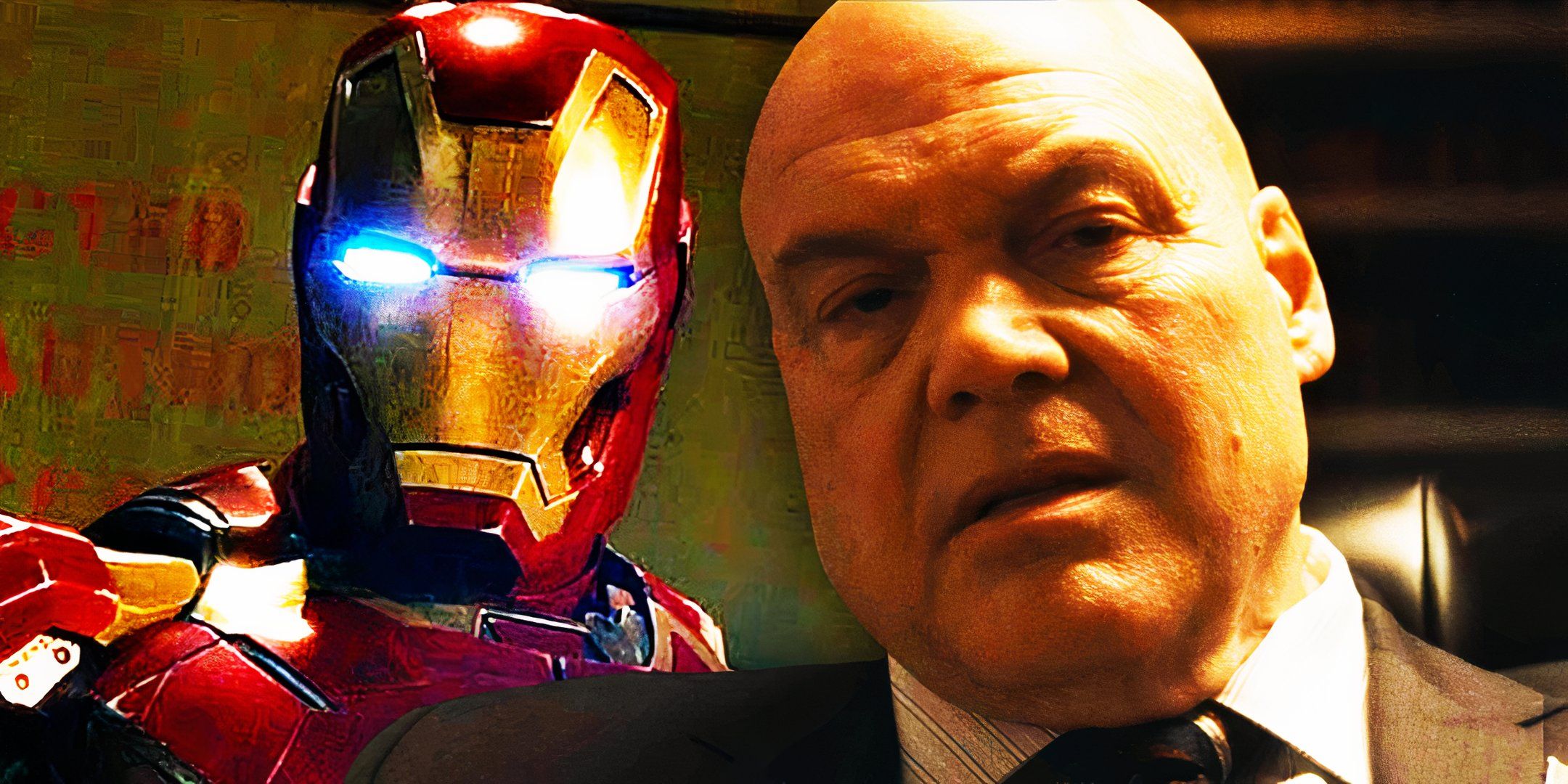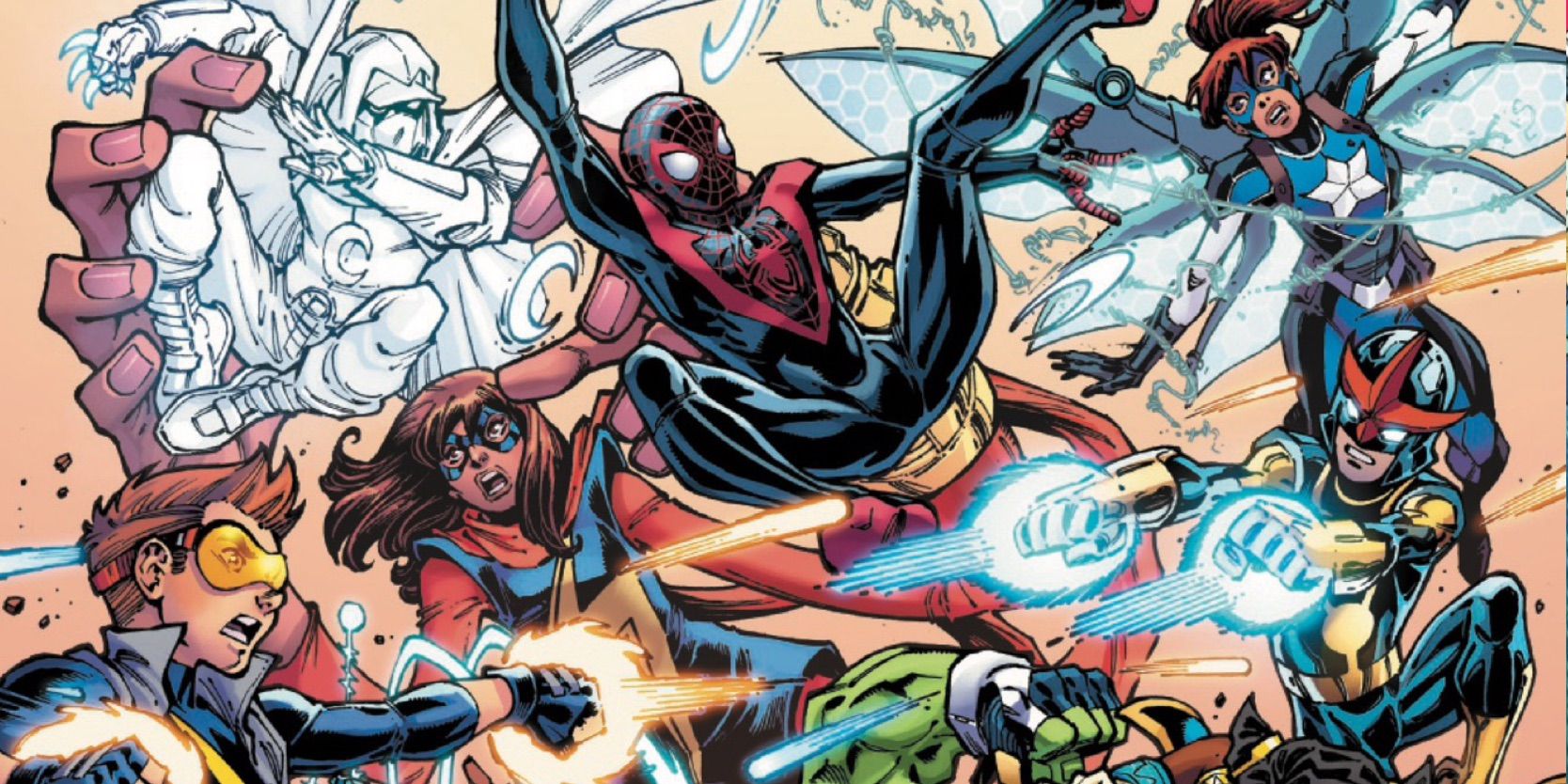10 Episodes Of Bluey That Every Parent Can Learn From
Summary Bluey teaches parents to embrace play and imagination with their children, fostering creativity and bonding.
The show highlights the importance of patience and compassion towards children and understanding their fears.
Bluey encourages parents to practice self-care and mindfulness, reminding them to relax and exist in the moment.
The Austrialian show Bluey might be made for kids, but the episodes also contain important lessons that can help parents grow. The animated show, known for episodes around 7 minutes long, focuses on the day-to-day life of couple named Bandit and Chilli Heeler and their daughters Bluey and Bingo. The intricately written storylines weave in gentle parenting practices and values that resonate with the younger generations.
Bluey gained a ravid, worldwide fanbase of both adults and kids after it started streaming on Disney+ during the 2020 pandemic lockdown. Though the stories are catered toward children, Bluey is popular with adults because the episodes make adult viewers cry, laugh, and feel less alone. Additionally, the show offers critical lessons about life and parenting that can help parents improve themselves.
Related Bluey Season 4: Renewal & Everything We Know Bluey season 4 is on the way after the writers take a break, and here's everything we know about what's next for Bluey, Bingo, Bandit, and Chilli.
10 “Rug Island”
Bluey Season 2, Episode 10
Close
It’s no secret that play and imagination become less of a priority in adulthood, despite their health benefits. However, this Bluey episode points out the need for creativity and imagination when playing with kids. In “Rug Island,” Bandit is getting ready to go to work when his kids convince him to join them on the imaginary land of Rug Island, where everything is made of felt pens. Though Bandit struggles to play Bluey and Bingo’s game, they help him connect with his imagination, which in turn helps him bond with them.
During the last moments of the Bluey episode, Bandit opens up the gift from his kids while leaving for work to find a felt pen, emphasizing to him and the parents watching that they can find respite from the demands of adulthood by thinking like their children. Not everything needs to be about work and responsibilities.
9 “Sticky Gecko”
Bluey Season 2, Episode 12
Close
An episode of Bluey that will be relatable to most parents is “Sticky Gecko,” where Chilli struggles to get the kids out the front door for a playdate. Though Chilli tries to rush the girls so they can be on time, the kids have other priorities, like finding a hatpin and eating a banana. In the end, Chilli asks Bluey why she’s having a hard time getting out the front door, and she reveals that she’s procrastinating because she’s nervous about seeing her friend.
“Sticky Gecko” relays two important messages for parents. Firstly, it’s a reminder that kids have shorter attention spans and get distracted more easily than adults. Bluey and Bingo aren’t intentionally upsetting their mom. Additionally, Bluey’s confession to Chilli reminds parents that sometimes when kids seem obstinate, there is a deeper cause like fear, self-doubt, or overwhelm influencing their behavior. Parents can walk away from this episode with a reminder to be more patient and compassionate towards their children.
8 “Camping”
Bluey Season 1, Episode 43
Close
The best episode of Bluey holds an important message that both parents and children can learn from. In “Camping,” Bluey and her family go on a camping trip where she meets another kid named Jean-Luc, who speaks French instead of English. Rather than rejecting each other because of the language barrier, Bluey and Jean-Luc find a way to communicate, develop a friendship, and play together. This makes it all the more heartbreaking when they part ways.
“Camping” emphasizes the importance of accepting and including people from different backgrounds. People from different cultures can enrich each other’s lives, like Bluey and Jean-Luc do. However, that will never happen unless we, as a society, break down xenophobia and open our hearts to people who don’t look, speak, or act like us. This is an especially crucial message for parents, because they have the ability to encourage or discourage their kids from interacting with people from different backgrounds.
7 “Phones”
Bluey Season 3, Episode 16
Grandad is a beloved member of the Heeler family in Bluey and this episode, focused on him, has a lot to say about adapting to change. In “Phones,” Grandad comes to visit the family and plays Restaurant with Bingo and Bluey. However, he quickly realizes that technology has changed the way they play the game. At first glance, “Phones” seems like its message is aimed at grandparents, but its message should be heard by any and all adults who interact with children.
There is a common misconception that age equates to intelligence, meaning kids get underestimated and overlooked. However, children have a lot they can teach adults, especially when it comes to the ever-changing landscape of technology. Parents and adults need to start listening to children and valuing their input like Grandad does with Bluey and Bingo.
6 “Handstand”
Bluey Season 2, Episode 45
Close
One episode of Bluey that will make parents cry, “Handstand,” offers a warning to parents about following through on promises and giving their kids undivided attention. In this episode, everyone comes over to celebrate Bingo’s birthday, and she’s practicing doing a handstand. She tries desperately to get her parents to watch, but they continually promise they will watch and then break that promise by paying attention to other things. This isn’t done with malice, but the consequence is that Nana is the first person who gets to see Bingo’s handstand.
To be fair, it isn’t always feasible to give kids undivided attention and promises can’t always be kept. However, it is a reminder that sometimes kids need these things from their parents. Additionally, “Handstand” emphasizes that it’s easy to get caught up in what’s expected – a perfect birthday party – to the point that it distracts from what’s important – Bingo’s parents watching her do a handstand for the first time.
Related 13 Wild Bluey Fan Theories We’re Starting To Believe From secret trysts to simmering feuds, these wild Bluey fan theories pull from the hit children show's subtext — and some may actually be true.
5 “Dance Mode”
Bluey Season 2, Episode 1
Though the premise is goofy, “Dance Mode” is an important lesson for both children and parents about boundaries and enthusiastic consent. After Bandit takes Bingo’s last french fry without asking her permission, the family gives her three opportunities to use “dance mode” – where one of the parents will break out in dance in public. Unfortunately, the family starts pressuring Bingo to use her dance modes how they want.
Rather than promoting the popular “no means no” phrase, this episode of Bluey examines what is and isn’t consent in a nuanced way. When Bingo is pressured by Bluey and Chilli to use the dance modes and when Bandit begs her to take the money in place of a dance model, they are disrespecting Bingo’s wishes, even if they don’t mean to. “Dance Mode” can facilitate reflection in parents about the ways they either respect or overlook their child’s desires and consent in day-to-day life.
4 “Sheep Dog”
Bluey Season 3, Episode 12
Close
“Sheep Dog” is a hilarious and goofy episode with a message that parents can learn from. Despite hating the game, Bandit agrees to play Sheep Dog with his daughters in order to keep them distracted so that Chilli can have 20 minutes completely to herself. However, Bluey starts to think that her mom regrets having children. In contrast with Bluey’s child mentality, “Sheep Dog” reaffirms to parents and children that self-care is healthy.
Sadly, self-care is often misrepresented as selfish instead of necessary. It’s hard to balance the demands of being a parent with those of being an autonomous human being, especially when trying to manage busy schedules. There’s nothing wrong with taking 20 minutes away from the kids to recharge. In the long run, self-care allows parents to be happier, more present, and more patient.
3 “Octopus”
Bluey Season 2, Episode 41
While Bluey is an incredible show for both adults and children, Chilli and Bandit set an incredibly high standard for parents. However, “Octopus” makes it clear that there’s no single “right” way to play with children. In this episode, Chloe comes over to Bluey’s house and plays a game called Octopus. After going home, Chloe asks her dad, Frank, to play the game, and he struggles to understand the rules. Though both Chloe and Frank get frustrated, they find a way to play the game that works for both of them.
The message of “Octopus” is clear: parents don’t need to conform to one gold standard of parenting in order to be great. Every person has their own strengths and styles of play that add value to a parent-child relationship. Moreover, Frank also isn’t any less as a parent just because he takes things more literally than Bandit. Parents can walk away from this episode with the knowledge that they are good enough.
2 “Relax”
Bluey Season 3, Episode 40
When the Heelers go on holiday in “Relax,” Chilli learns an important lesson that parents watching the show can also apply to their own lives. After arriving at their hotel, Chilli wants to go to the beach so that she can relax, but she soon finds that relaxing isn’t as easy as it sounds. However, after watching her daughters exist fully in the moment, she decides to try this herself. Many parents watching this episode of Bluey are bound to relate to Chilli. The stress of parenting, work, and other responsibilities can make it impossible to relax even when staying still.
“Relax” promotes the concept of mindfulness – being aware of one's thoughts, feelings, sensations, and environment without judgment. Parents should take two things away from this episode of Bluey. Firstly, they should offer themselves compassion when they’re struggling to relax. Secondly, existing in the moment through mindfulness can help them feel more relaxed, calm, and levelheaded.
1 “Omelette”
Bluey Season 3, Episode 5
“Omelette” is another meaningful episode of Bluey that can help parents grow and learn. In this episode, Chilli, Bluey, and Bingo are making breakfast in bed for Bandit. Though Chilli wants to make the omelet herself, Bingo tries to help, making mistakes and messes repeatedly. However, Chilli realizes by the end of the episode that it’s important to help her daughter succeed, even if that means taking extra time and cleaning up extra messes.
Chilli’s revelation is what the writers of “Omelette” want parents to take away from the episode of Bluey. Mistakes are bound to happen when kids are helping in the kitchen, but that doesn’t mean parents shouldn’t include them. The interaction can be deeply beneficial for the child, teaching them important life skills they will need in adulthood. All it takes is a little extra patience.











COMMENTS